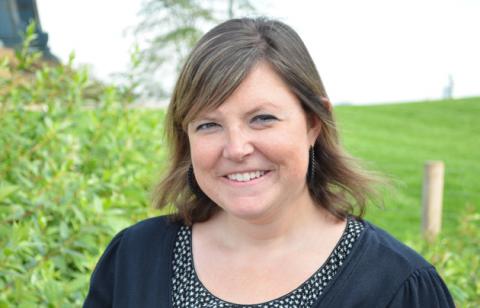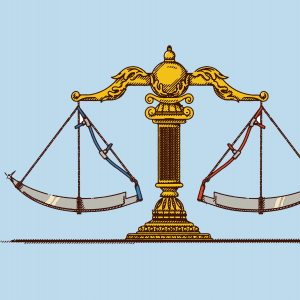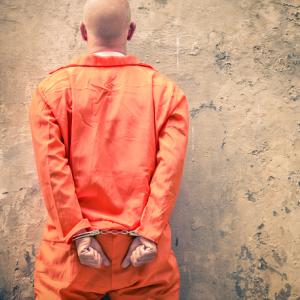
Heather Beaudoin is senior manager of the Equal Justice USA Evangelical Network and works with Conservatives Concerned About the Death Penalty.
Posts By This Author
Why Conservatives Are Turning Against Capital Punishment
THERE IS A nationwide trend of Republican state lawmakers rethinking the death penalty, and their faith is playing a central role. From Catholics to evangelicals, Christian lawmakers on the Right are abandoning capital punishment like never before.
Take Colorado as an example. For years a bill to repeal the death penalty ran into a wall in the state Senate. This year three Republican senators co-sponsored the bill and provided the crucial votes for it to pass. The Colorado House of Representatives approved it and the governor signed it into law in March—making Colorado the 22nd state to abolish the death penalty.
Why did they do it? These Republican lawmakers decided the death penalty does not align with their Christian or conservative values: the sanctity of human life, individual liberty, and limited government. They see a system that exonerates one person on death row for every nine it executes, with more than 160 people in the U.S. being freed from death row due to wrongful convictions since 1973. They see a bloated government program that does nothing to make people safer.
“We were created in the image of God and that is a very good thing. And part of what that means, in my understanding, is it is against the natural order for one created in the image of God to willfully take the life of another created in the image of God,” said state Sen. Owen Hill. “My conscience demands that I vote to abolish the death penalty in Colorado.”
Protestants Join Catholics in Reconsidering the Death Penalty
Three times in the past month, the Nebraska Legislature voted for a bill to repeal capital punishment and replace it with life without parole. The governor has promised to veto the legislation, and an override vote is looming. Many of the Christian lawmakers made it clear they cast their votes against the death penalty, in part, to promote a whole life ethic.
The leader of the group is Sen. Colby Coash of Lincoln, a Catholic who put his personal reasons for opposing capital punishment into one easily understood phrase.
“I am pro-life,” he said.
A Turning Tide
I WORK ON the frontlines of the movement to end the death penalty in the United States. I grew up in a conservative evangelical home and my faith has led me to this work. In 2008, I had the opportunity to hear stories from murder victims’ family members, death row exonorees, and corrections officials who participated in executions—all of whom believe the death penalty should be abolished. At that point I felt called to do this work and to begin engaging with other evangelicals.
I will confess, it was a lonely job when I started. I wondered who else would join me. So you can imagine my excitement at seeing what has today become a nationwide chorus of Christian voices questioning capital punishment.
A recent poll by the Barna Group showed a majority of Christians in the United States now oppose capital punishment and that young Christians oppose it by a large majority. More than two dozen evangelical leaders from around the country and across the political spectrum recently made their voices heard by publicly requesting a new sentencing hearing, free of racial bias, for a Texas death row inmate. Even conservative political leaders are speaking out against the death penalty.
As one who has been in the trenches on this issue for years, I can confirm that Christian engagement is helping to transform the death penalty debate, and I can tell you that it is being driven by the same forces that moved me—faith and cold, hard facts.


